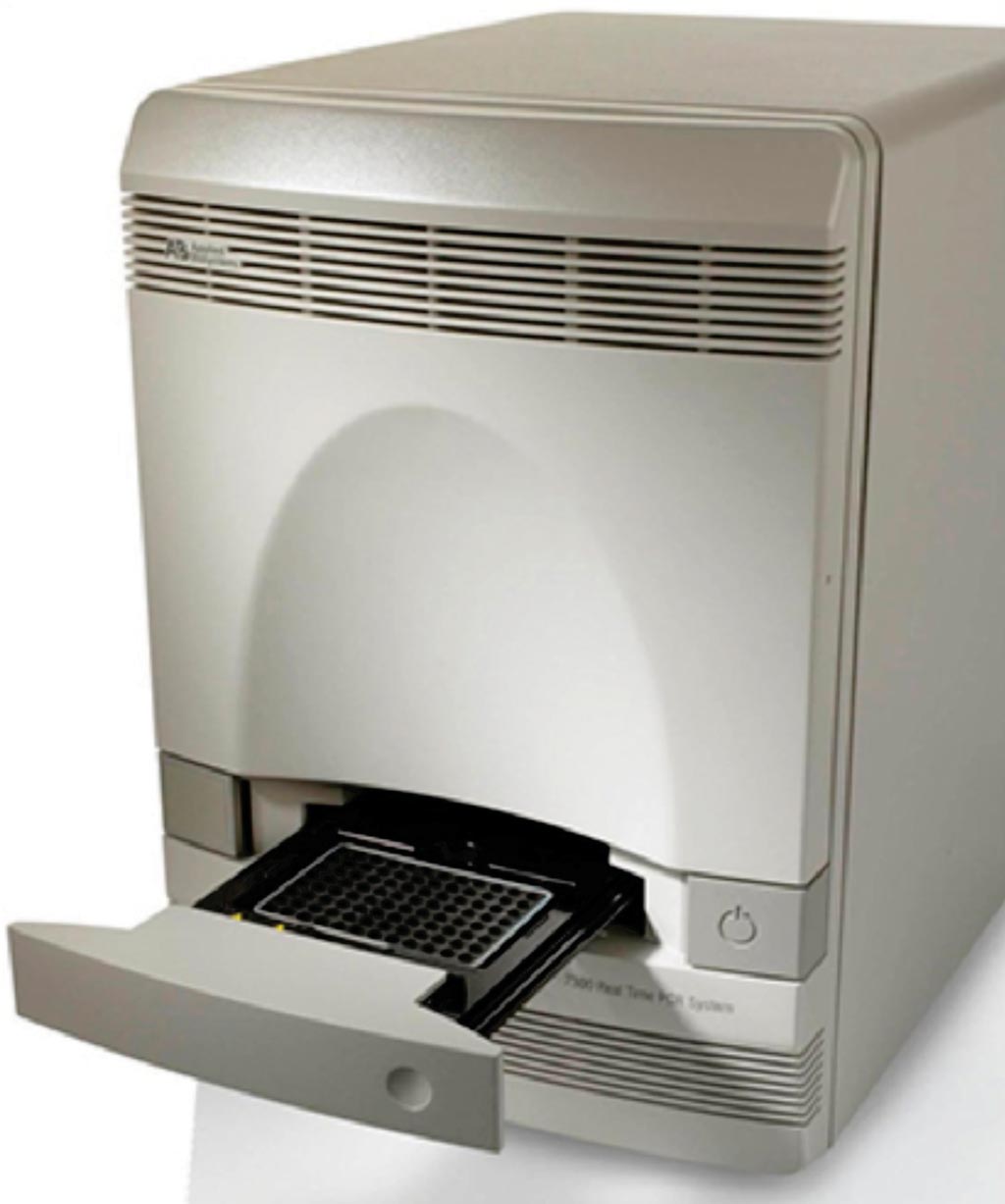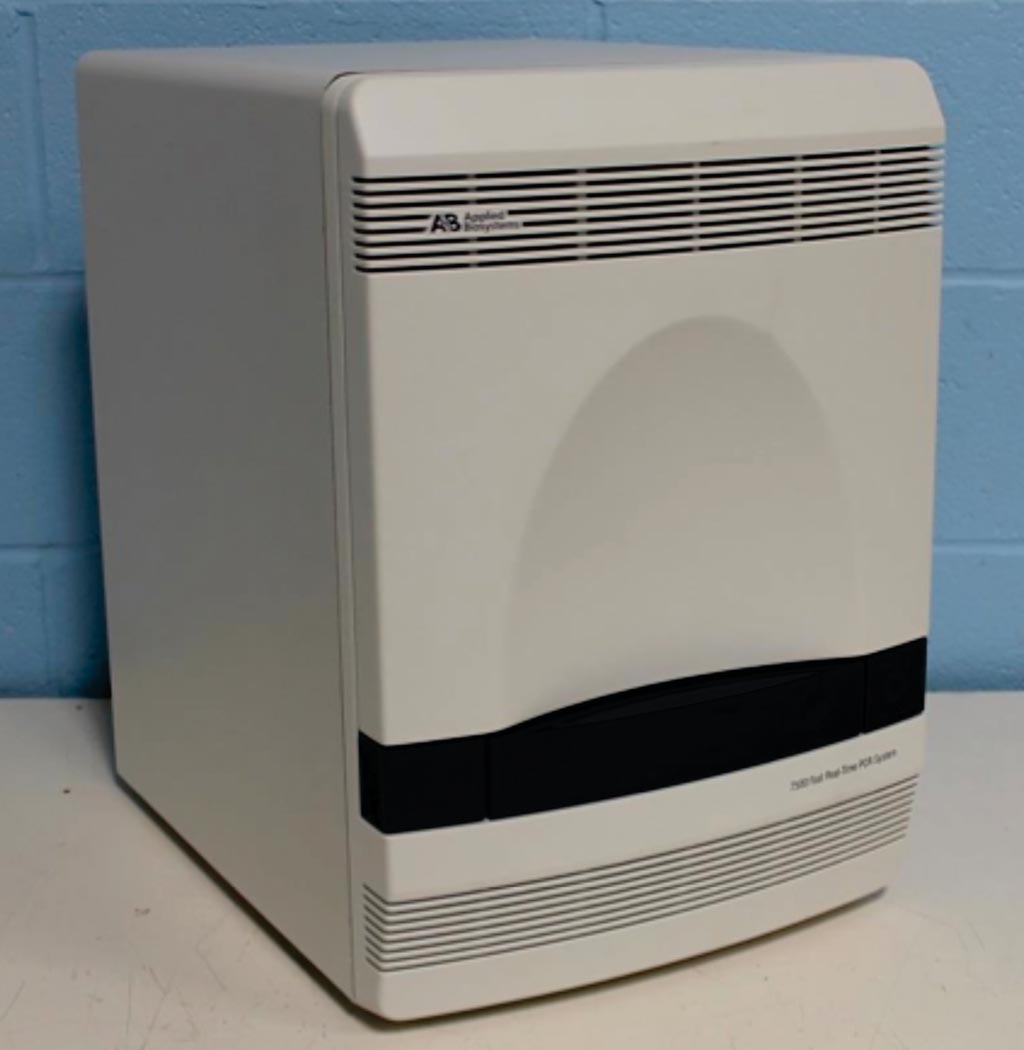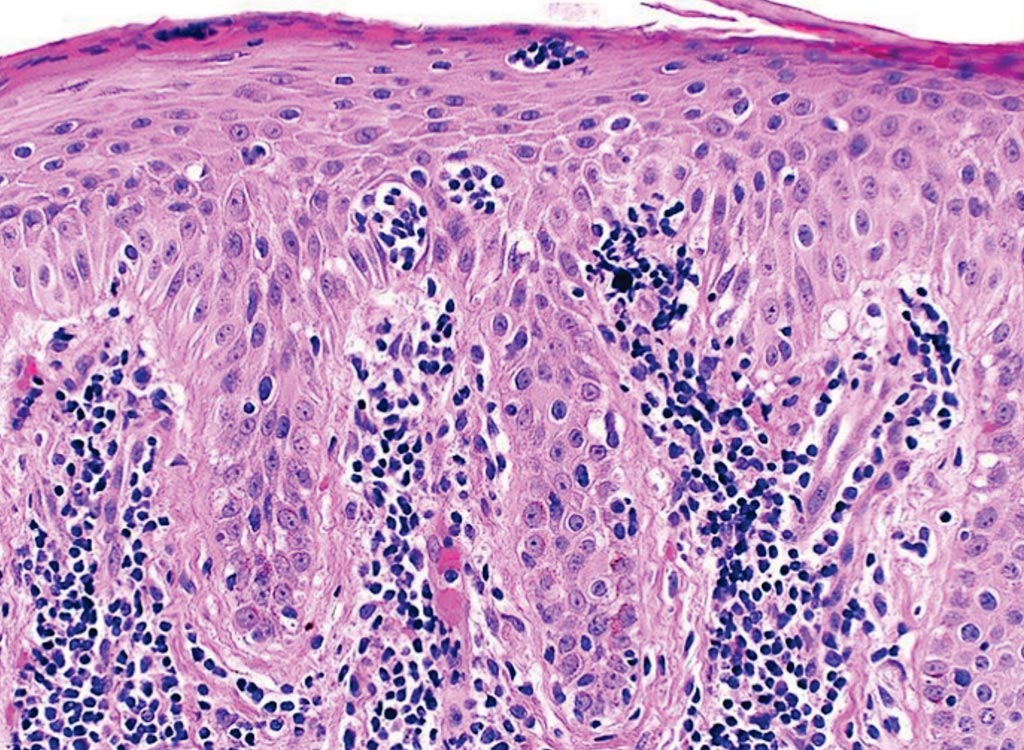Immunology

Portable Device Rapidly Detects Measles and Rubella
Serosurveys are useful for assessing population susceptibility to vaccine-preventable disease outbreaks. Many point-of-care diagnostics rely on lateral flow assays or microfluidics; however, these methods generally cannot test multiple samples simultaneously. More...11 Jun 2018

Leprosy Neural Impairment Diagnosis Evaluated by Tests
Leprosy is a chronic infectious disease caused by Mycobacterium leprae, an obligate intracellular parasite with a predilection for infecting peripheral nerves and skin. Leprosy is a current and challenging disease, because it still represents a problem for public health in developing countries. More...07 Jun 2018


Protein Biomarker Found for Early-Stage Lung Cancer
The American Cancer Society (ACS) estimate that in 2018, 154,050 people in the USA will have died from lung cancer and the World Health Organization (WHO) suggest that 1.69 million deaths are brought about by lung cancer worldwide. More...31 May 2018

Specific Biomarker Discovered for Rheumatoid Arthritis
Rheumatoid arthritis (RA) is an autoimmune disorder that occurs when the immune system mistakenly attacks the body's tissues. Unlike the wear-and-tear damage of osteoarthritis, rheumatoid arthritis affects the lining of the joints, causing painful swelling that can eventually result in bone erosion and joint deformity. More...22 May 2018

Tool Predicts Deadly Form of Mycosis Fungoides
Mycosis fungoides (MF), the most common cutaneous T cell lymphoma (CTCL) is a malignancy of skin-tropic memory T cells. Most MF cases present as early stage (stage I A/B, limited to the skin), and these patients typically have a chronic, indolent clinical course. More...21 May 2018
In Other News
Mast Cell Activation Test Diagnoses Allergic Diseases
CSF B Cells Characterized in Virus-Associated Diseases
Smart Phone Reader Detects Common Pathogens
Blood-Based Biomarker Assessed for Subtle Brain Injury
Chip-Based Blood Test Developed for Multiple Myeloma
Clostridium difficile Examined by Different Methods
BTP Viewed As Glomerular Filtration Rate Marker
Vitamin D Blood Test May Speed Pediatric Bipolar Diagnosis
New POC Test Quickly Detects Lyme Neuroborreliosis
Immunoassay Developed for Lassa Fever Virus
Unusual Blood Clots Characterized in Leprosy Patients
Biomarker Assay Recommended for Heart Failure Diagnosis
New Heart Attack Test Better Informs Underlying Condition
Microfluidic Device Captures Tumor-Specific Extracellular Vesicles
Helicobacter Pylori Immunoassays Evaluated for Efficacy
Biological Markers in Tears May Diagnose PD
ELISA Methods Developed for Analyzing Immunotherapy
Immunoassay Monitors Parasite Persistence in Chagas Disease
Novel Saliva-Based PCR Assay Detects HIV Antibodies Earlier
Immune Signature Predicts Asthma Susceptibility
Immune System Dysfunction May Occur Early in Alzheimer’s Disease
Molecular Test Adapted for Parkinson’s and DLB
Colorectal Cancer Immunohistochemistry Panel Launched
The Immunology channel of LabMedica deals with diagnostic techniques and immuonassays such as ELISA, pregnancy tests, immunoblotting, immunohistochemical staining, serology, and associated hardware.










